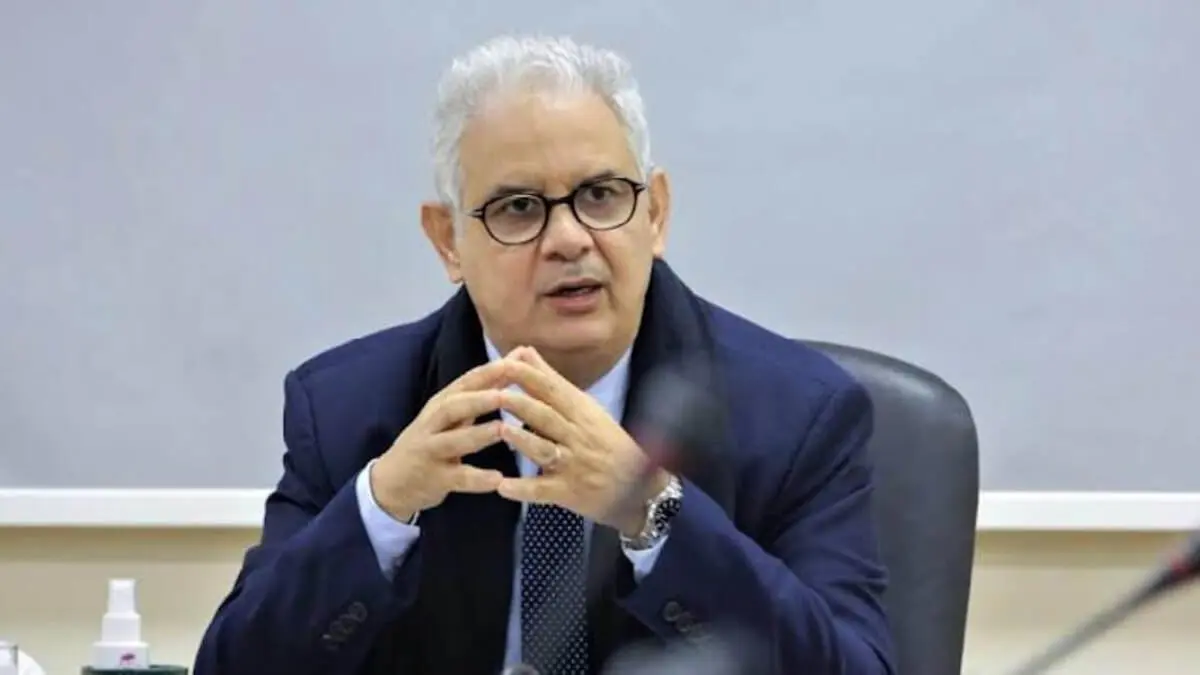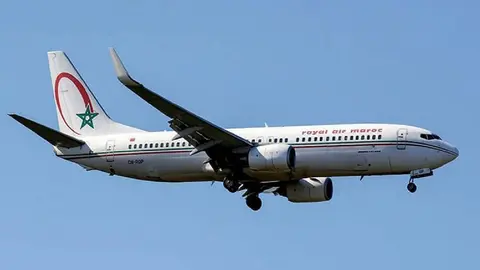Minister Baraka and Morocco’s Water Gamble

- The End of the Era of Dams Alone
- Turning to the Sea — and to Technology
- Water Solidarity Across the Kingdom
- Strategic Partnerships with Global Reach
- Climate Change: The Inescapable Backdrop
- A Model Others May Soon Follow
In an era where water scarcity looms as one of the most severe threats to global stability, Morocco is quietly undertaking one of the most ambitious and comprehensive water management strategies in the world. Under the guidance of His Majesty King Mohammed VI and spearheaded by Minister of Equipment and Water Nizar Baraka, the Kingdom is rewriting the rules of survival in one of the planet’s most climate-vulnerable regions.
Water in Morocco is not just a matter of public utility — it has become a national security imperative. Years of repeated droughts, shrinking aquifers, unpredictable rainfall, and rising temperatures have forced policymakers to move beyond short-term fixes toward an integrated, long-term vision. What is unfolding today in Morocco is a bold experiment: a mix of old and new, of large-scale infrastructure and cutting-edge innovation, of public investment and private sector partnership.
The End of the Era of Dams Alone
For decades, Morocco’s water policy was symbolized by its extensive network of dams — over 150 major dams capturing and storing precious runoff from the Atlas Mountains and river basins. While these structures still play a crucial role in regulating water flows, producing hydroelectric power, and irrigating farmland, Minister Baraka has made clear that the country can no longer rely solely on surface water reservoirs to secure its future.
The challenge is as simple as it is unforgiving: rainfall patterns are changing, and conventional water sources are no longer sufficient to meet the demands of a growing population, expanding industries, and modern agriculture. The Moroccan government has recognized this reality and is responding with a diversified portfolio of solutions that embrace technology, solidarity, and pragmatism.
Turning to the Sea — and to Technology
Desalination lies at the heart of this new vision. By 2030, Morocco aims to produce 1.7 billion cubic meters of desalinated water annually — one of the most ambitious targets on the African continent. What makes this effort particularly noteworthy is Morocco’s decision to power much of its desalination infrastructure with renewable energy, leveraging the country’s leadership in solar and wind power to reduce the environmental footprint of turning seawater into fresh water.
But desalination is only one piece of the puzzle. Wastewater treatment and reuse are becoming integral parts of Morocco’s approach, offering valuable alternative sources for irrigation and industrial processes, while relieving pressure on freshwater supplies.
Water Solidarity Across the Kingdom
One of the more innovative aspects of Morocco’s water governance is its commitment to what Minister Baraka calls “territorial justice.” This means ensuring that no region is left behind in the allocation of water resources. To achieve this, the government is accelerating inter-basin water transfer projects, connecting wetter regions in the north to drier zones in the south and interior. The vast network linking basins such as Laou, Loukkos, Sebou, Bouregreg, and Oum Er Rbia reflects a strategic balancing act designed to stabilize supply in the face of geographic disparities.
Strategic Partnerships with Global Reach
Recognizing that water resilience cannot be built in isolation, Morocco has also pursued strategic partnerships with international allies. A recent agreement with the United Arab Emirates opens new channels for investment and expertise in both water infrastructure and clean energy — two sectors that are increasingly intertwined. Meanwhile, public-private partnerships are playing a larger role than ever before, with the Mohammed VI Investment Fund, Taqa Morocco, and Nareva forming a consortium that will develop desalination facilities, water transport systems, and new power generation capacities.
These alliances underscore Morocco’s ability to mobilize both domestic and international capital while ensuring that critical national infrastructure remains anchored in public oversight and long-term strategic interest.
Climate Change: The Inescapable Backdrop
All of these efforts are taking shape against the backdrop of an increasingly harsh climate reality. According to multiple studies, North Africa will face some of the world’s most acute water shortages over the coming decades. Morocco’s leadership has been clear-eyed about the scale of the threat. As Minister Baraka recently emphasized, the country’s objective is not simply to adapt, but to transform its entire water economy to withstand what could be a permanent state of scarcity.
Public awareness and behavioral change are also part of this transformation. Authorities have launched public education campaigns to promote water conservation, encourage efficient irrigation practices, and foster a broader cultural shift toward resource stewardship.
A Model Others May Soon Follow
While Morocco’s water challenges are severe, its response may ultimately serve as a model for other nations confronting similar dilemmas. The combination of political will, forward-looking investment, technological diversification, and regional solidarity reflects a level of planning that many countries have yet to achieve.
The real test, of course, lies ahead: Will Morocco’s vision prove resilient enough to weather the escalating pressures of climate change? As the planet heats and water becomes increasingly scarce, the eyes of the world may soon turn to Morocco — and to leaders like Nizar Baraka — for lessons in how to build water security in the age of uncertainty.
Said Temsamani. Political Analyst










